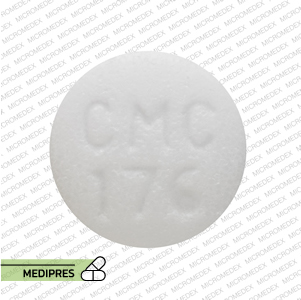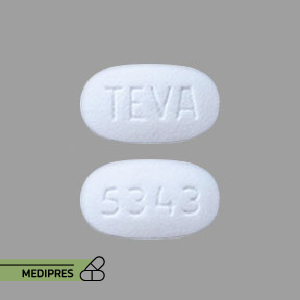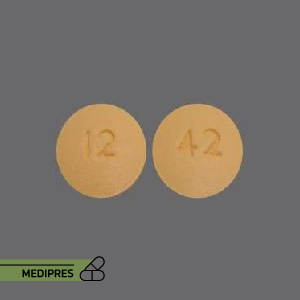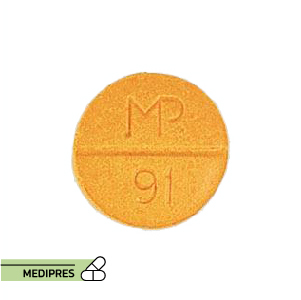
Simvastatin
23 June, 2023
Soma
23 June, 2023Sodium Chloride
Generic name: Sodium Chloride
Drug class: Replacement Preparations
Dosage forms: Tablet, Solution, Intravenous (IV) Solution, Topical Solutions
Root of administration: Oral, Intravenous (IV), Topical
Mechanism of action: Sodium Chloride, commonly known as salt, does not have a specific mechanism of action on its own. However, it plays a critical role in maintaining the body’s fluid balance and supporting various physiological functions.
Drug usage cases: Intravenous Fluids: Sodium Chloride solutions, commonly referred to as saline solutions, are widely used in healthcare settings as intravenous fluids. These solutions are used to restore and maintain fluid balance, provide hydration, and support various medical treatments. Saline solutions come in different concentrations, such as 0.9% (normal saline) or hypertonic solutions, and are administered intravenously. Nasal Irrigation: Sodium Chloride solutions are commonly used for nasal irrigation. Nasal saline sprays or nasal washes containing Sodium Chloride are used to rinse the nasal passages, relieve congestion, and promote nasal hygiene. These solutions can help moisturize the nasal passages, remove mucus, and reduce nasal inflammation. Eye Irrigation: Sodium Chloride solutions are also used for eye irrigation. They are used to cleanse the eye and flush out foreign particles or irritants. Eye drops and eye washes containing Sodium Chloride can help soothe and cleanse the eyes in case of minor eye irritations or to remove debris. Wound Care: Sodium Chloride solutions are used for wound care and irrigation. They can be used to cleanse and irrigate wounds, helping to remove bacteria, debris, and dead tissue. Sodium Chloride solutions are often used as a diluent for wound irrigation solutions or as a component of wound dressings to create a moist healing environment.
Drug contra indications: Hypernatremia: Sodium Chloride solutions should be used with caution or avoided in individuals with high blood sodium levels (hypernatremia). These individuals may already have elevated sodium levels, and additional sodium intake could worsen their condition. Hypertension (High Blood Pressure): Excessive sodium intake, including through Sodium Chloride solutions, can contribute to increased blood pressure. Individuals with hypertension or a history of high blood pressure should be cautious about excessive sodium intake and should follow dietary guidelines provided by healthcare professionals. Heart Failure or Edema: Sodium Chloride solutions may cause fluid retention and worsen edema in individuals with heart failure or compromised cardiac function. Close monitoring and appropriate adjustments in fluid and sodium intake may be necessary in such cases. Kidney Disease: Individuals with kidney disease or impaired kidney function may have difficulty excreting excess sodium. Sodium Chloride solutions should be used with caution in these individuals, and proper monitoring of electrolyte levels and kidney function is important. Allergic Reactions: Although rare, some individuals may have hypersensitivity or allergic reactions to Sodium Chloride. Symptoms may include rash, itching, swelling, or difficulty breathing. In such cases, immediate medical attention should be sought.
Side effects: Fluid Overload: Excessive intake of Sodium Chloride solutions can lead to fluid overload, especially in individuals with compromised cardiac function or kidney problems. Symptoms may include swelling, shortness of breath, and increased blood pressure. Electrolyte Imbalance: Sodium Chloride can disrupt the balance of electrolytes in the body, particularly if consumed in excessive amounts or in individuals with underlying electrolyte imbalances. This can result in symptoms such as muscle cramps, weakness, irregular heartbeat, and confusion. Hypertension (High Blood Pressure): Sodium Chloride is a major source of dietary sodium, and excessive sodium intake can contribute to high blood pressure. Individuals with hypertension or a predisposition to high blood pressure should be cautious about their sodium intake, including Sodium Chloride. Allergic Reactions: Although rare, some individuals may experience hypersensitivity or allergic reactions to Sodium Chloride. Symptoms may include rash, itching, swelling, or difficulty breathing. Immediate medical attention should be sought if an allergic reaction is suspected.
Warnings: A standardized concentration for this drug has been established through Standardize 4 Safety (S4S), a national patient safety initiative to reduce medication errors, especially during transitions of care. The drug is included in a standard concentration list which may apply to an IV or oral compounded liquid formulation.
Use during pregnancy or breastfeeding: Sodium Chloride, when consumed in reasonable amounts through normal dietary sources, is generally considered safe during pregnancy and breastfeeding. It is an essential electrolyte that supports various physiological functions in the body. During pregnancy and breastfeeding, it is important for women to maintain proper hydration and electrolyte balance. Adequate sodium intake is necessary for maintaining fluid balance and supporting the development and function of the baby.



